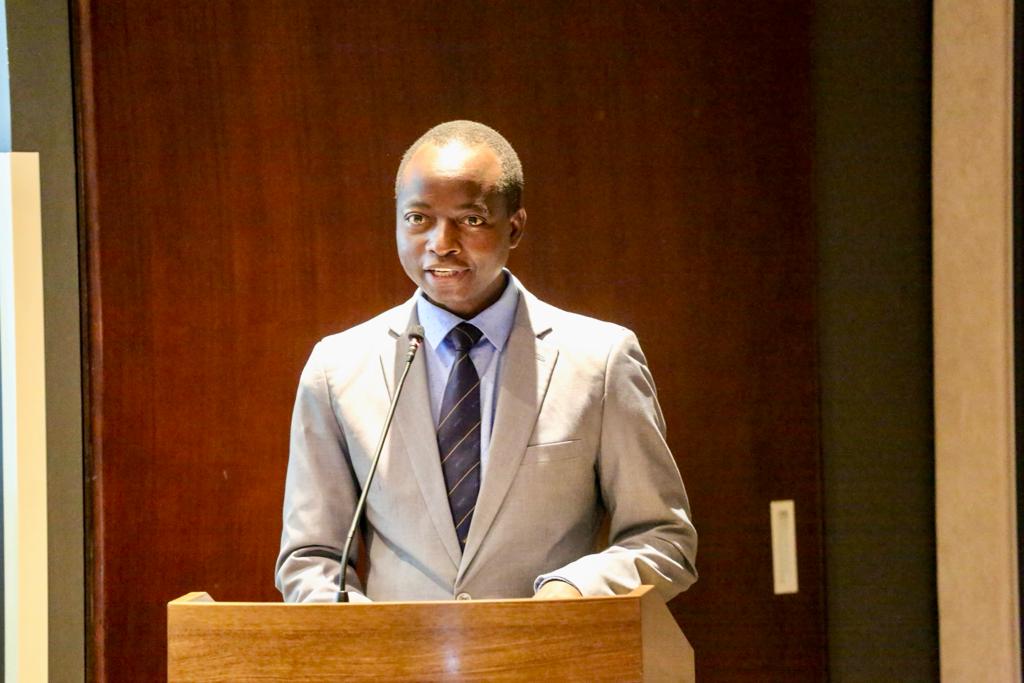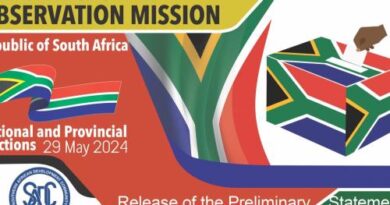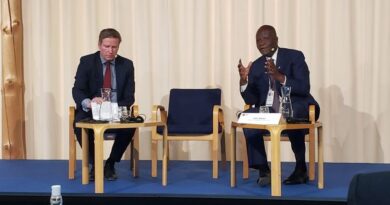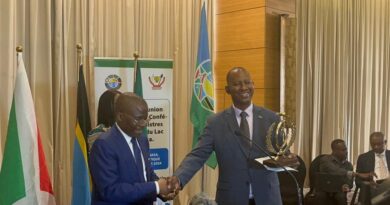Zambia Prioritizes Technology Assessment for Sustainable Development
The Ministry of Technology and Science, under the leadership of Permanent Secretary Dr. Brilliant Habeenzu, emphasizes the crucial role of Technology Assessment as a methodological toolbox for global technology selection, providing a vital framework for social and economic development.
Dr. Habeenzu addressed stakeholders at the National Workshop on Technology Assessment, specifically focusing on Energy and Agriculture.
Highlighting the global recognition of Technology Assessment, Dr. Habeenzu recalled Zambia’s involvement in the 2000 Technological Assessment pilot project by the United Nations Conference on Trade and Development (UNCTAD).
He emphasized the significance of Technology Assessment for policymakers and the private sector, serving as a catalyst for technology transfer, domestic investment in research and innovation, and environmental regulation.
Under the leadership of President Hakainde Hichilema, the Zambian government has prioritized Science, Technology, and Innovation as key enablers for socio-economic development, aligning with the Eighth National Development Plan and Vision 2030.
The Ministry is currently advancing the review of the Science and Innovation policy to address current scientific and technological needs.
Dr. Habeenzu outlined the objectives of the ongoing Technology Assessment, focusing on building capacities for academia, researchers, and relevant stakeholders in science, technology, and innovation.
The energy sector has been given top priority in this assessment, with the aim of replicating lessons learned for other sectors, such as agriculture, in line with Zambia’s specific needs.
In an era dominated by technological advancements, Dr. Habeenzu emphasized the importance of possessing the know-how to operate and create technology.
The Technology Assessment Project aligns with the government’s Innovation Strategy, providing guidance on the adoption and application of technology and innovation best practices in identified areas.
Dr. Habeenzu urged stakeholders at the workshop to expedite the process by providing evidence-based information, crucial for informing the Zambian masses and supporting the government’s commitment to socio-economic development.
The collaboration between the Ministry of Technology and Science and UNCTAD reflects a participatory and inclusive approach to the Technology Assessment Project, ensuring a comprehensive understanding of stakeholders’ insights and technological perspectives.
Liping Zhang, Chief of Science, Technology, and Innovation Development at UNCTAD, highlighted the project’s objective to assess technologies in African countries before their widespread application.
The focus is on understanding social, economic, and environmental implications, and the engagement of stakeholders is deemed essential for building capacity and imparting a comprehensive understanding of the evaluated technologies.



